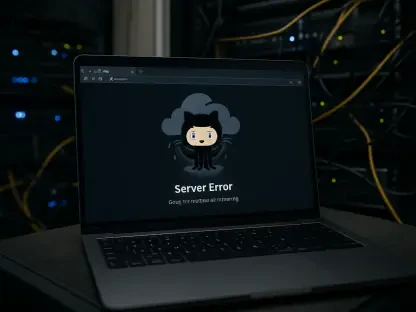In an era where quantum computing is poised to revolutionize technology, the security of Internet of Things (IoT) devices faces unprecedented threats. The advent of quantum computers, capable of breaking traditional encryption methods, necessitates a profound shift in how we secure connected devices. Xiphera, in partnership with Crypto Quantique, is at the forefront of this transformation, combining their expertise to craft quantum-resilient hardware solutions that promise to fortify IoT ecosystems against future quantum attacks.
Integration of Quantum-Resilient Technologies
At the heart of this partnership lies the integration of Xiphera’s nQrux® Hardware Trust Engines with Crypto Quantique’s QDID PUF (Physically Unclonable Function) technology. These trust engines offer customizable cryptographic security modules designed for critical environments and applications, isolating cryptographic operations and data into secure hardware elements. The collaboration aims to provide enhanced quantum resilience and secure, immutable device identities for cryptographic hardware modules, safeguarding them from evolving quantum threats.
The QDID PUF technology generates unique, unclonable identities based on manufacturing variations in each semiconductor chip, thereby forming a robust hardware root-of-trust for security implementations. This unique feature eliminates the need for flash memory storage and substantially reduces susceptibility to side-channel attacks, a common vector for security breaches. Furthermore, the ability to generate random numbers on demand simplifies key management processes, making the integration of quantum-resilient algorithms a seamless endeavor for crucial IoT devices.
Significance for Critical Industries
The implications of this partnership extend across various critical industries, from industrial automation to governmental infrastructure. By integrating cryptographic root-of-trust technologies, the joint solution addresses the increasing need for robust and adaptable cybersecurity measures in connected devices. Xiphera’s cryptographic portfolio includes both traditional algorithms and Post-Quantum Cryptography (PQC), ensuring that devices remain secure even as quantum threats become more imminent.
The PUF technology in combination with nQrux Hardware Trust Engines mitigates the larger key sizes required by PQC algorithms. This results in lower flash memory needs, reduced power consumption, and a smaller silicon area, making the technology not only secure but also efficient. As IoT devices continue to proliferate in critical environments, it is essential to have scalable and quantum-resilient solutions that can adapt to the demands of future technologies while ensuring long-term protection of device identities and core security.
Advancement of IoT Security
As we stand on the brink of a quantum computing revolution, the security landscape for Internet of Things (IoT) devices is facing unprecedented challenges. The incredible power of quantum computers can potentially break traditional encryption methods, compelling us to rethink how we secure connected devices. Xiphera, in collaboration with Crypto Quantique, is leading the charge in addressing these emerging threats. By merging their specialized knowledge, they are developing quantum-resistant hardware solutions designed to safeguard IoT ecosystems against future quantum-based cyberattacks. The collaboration aims to ensure that as quantum technology advances, our connected devices remain secure. This innovative effort showcases the necessity for quantum-resilient security measures and highlights the importance of staying ahead of potential vulnerabilities. As quantum computing capabilities continue to grow, the work being done by Xiphera and Crypto Quantique will become increasingly vital in protecting our connected world from new and evolving threats.









